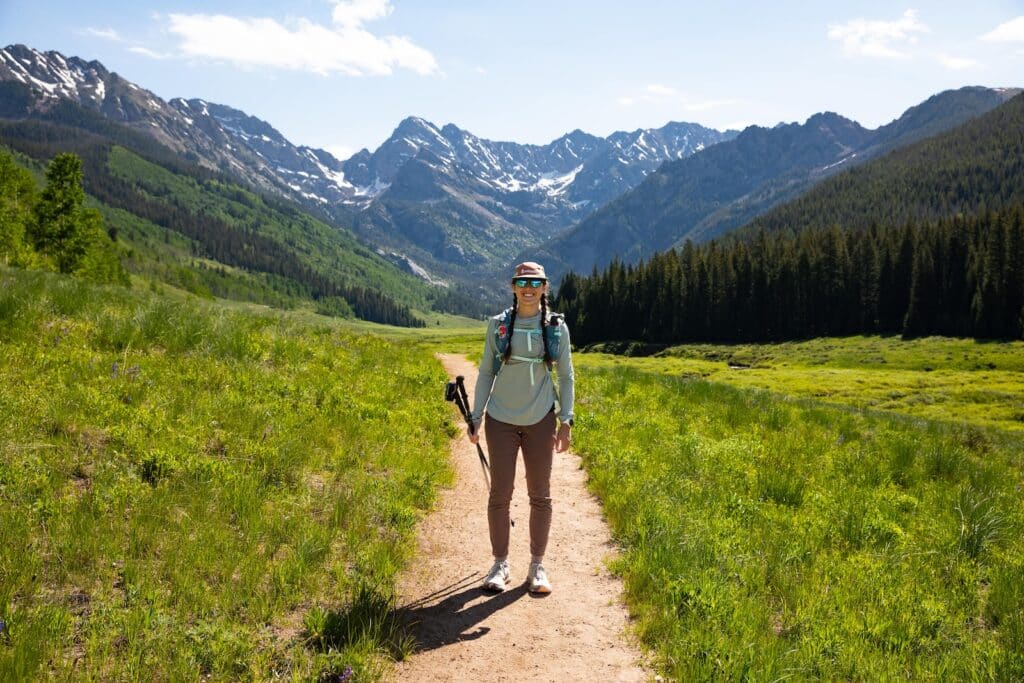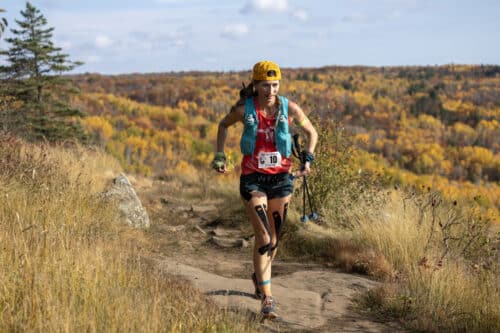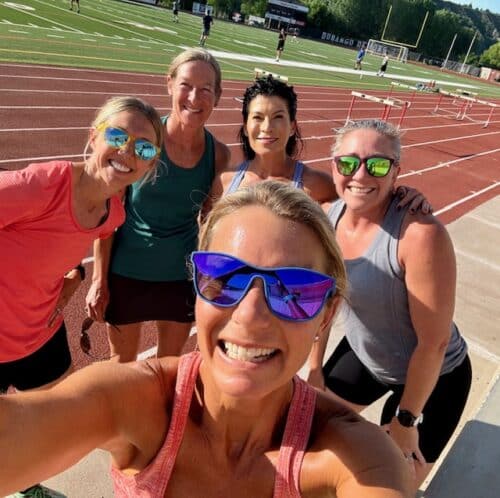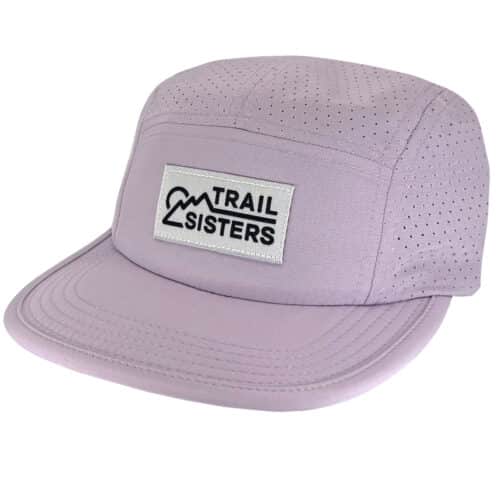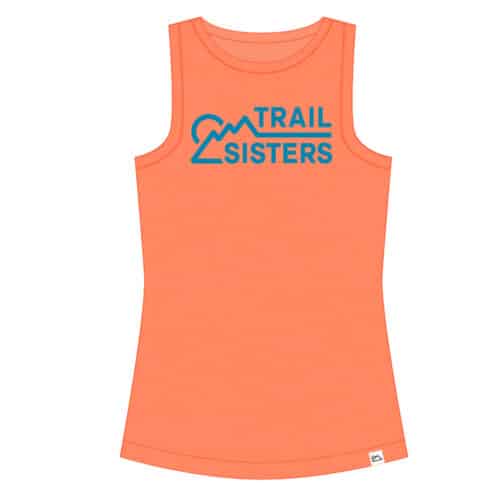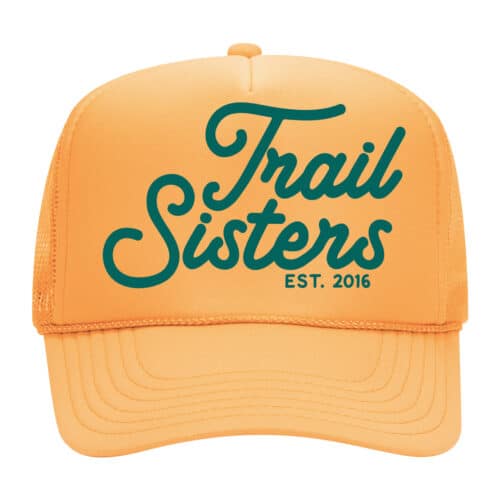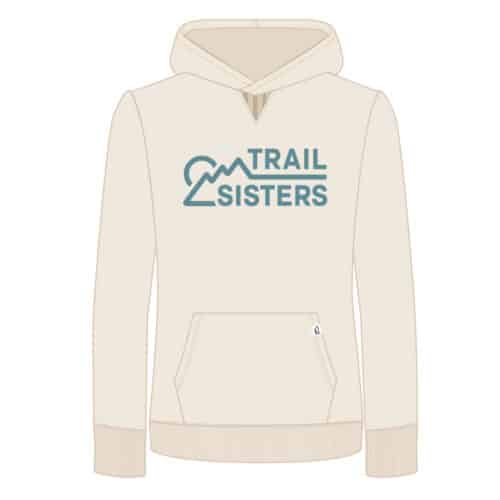Often when you think of the off-season, taking time off or stepping back a bit from running might be the first thing to cross your mind. While both of these options may have a place during the off-season, it’s important to understand that training year round plays an integral role in the success of your in-season training and racing.
When you are planning for your off-season training, it’s important to know your future race plans and goals so you can work backwards from the event date. This is why I love taking the approach of an annual plan with my running coaching clients. Ask yourself:
- What are my goals for next year?
- How many weeks and months will I need for my specific race training?
- How does my prior running experience impact my future race plans?
- Do I have any injuries that I need to address with a Physical Therapist?
Answering these questions for yourself can help guide you in the focus of your off-season. I recommend working with a reputable running coach to assist in clarity, accountability, and guidance. Bonus points if they are certified to provide strength training to help you out on that front, too. Strength training is incredibly important for runners, but more on that later.
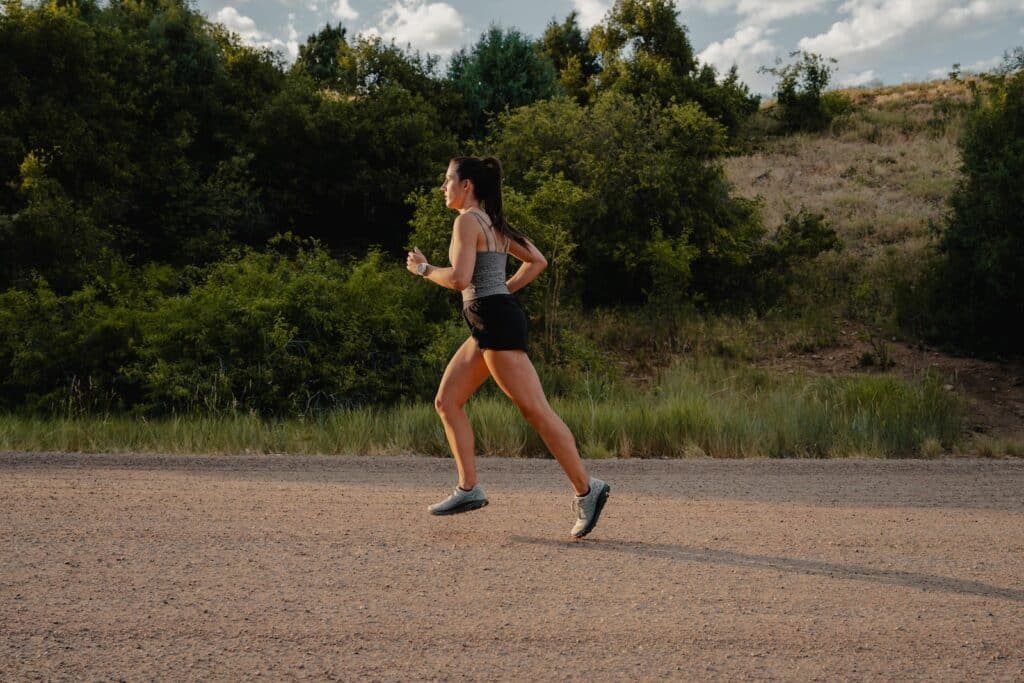
Here are five tips for training in the off-season:
- Build your aerobic base.
Whether you are a seasoned runner or brand new to the activity, base building can help make your race goals more feasible. Base building is when you take 4-12+ months to develop your aerobic base. You might be thinking, “wow, that’s a long time”, but truthfully, it goes by fast. By dedicating time to this type of training, you will be able to create a baseline for your weekly mileage, adapt your heart rate, and dial in your efforts and intensity to be prepared for specific race training.
- Incorporate strength training regularly.
When you follow a typical racing schedule of late spring-early fall races and late fall-early spring off-season, your training volume will shift throughout the year. During the race season, you will spend more time on feet and increase weekly mileage while strength training volume is down (still present, but down). Whereas in the off-season, you will increase strength training volume and spend less time on feet and decrease mileage. Keywords here in both seasons are “decrease” and “increase”. Running and lifting are both present throughout the entirety of the year.
Strength training is especially important for runners to increase strength, enhance power output, increase endurance, increase muscle mass, build and maintain strong bones, manage past injuries, and prevent future injuries along with several other general health benefits such as brain health, mental health, heart health, etc.
As a lifter first, consistent strength training has been the relatively easier part of off-season training for me. With that said, as a Personal Trainer and Running Coach, I understand many runners struggle with knowing how to approach resistance training, what to do, and how frequently to do it. This is where working with a Personal Trainer can be to your benefit.
- Address weakness.
Since you are in the early days of planning for your goals for the next race season, use this time to address weaknesses you encountered this past season. Was your ankle being wonky? Were you having a hard time on the descents? Were you dealing with GI upset on several occasions?
- Take these next few months to dial in any ailments you experienced by working with a Personal Trainer and/or Physical Therapist.
- Incorporate a different form of cross training such as biking, stair stepping, skiing, snowboarding, etc. Here in Colorado, many runners trade trail runs for ski runs during the winter months to keep them aerobically fit.
- Work with a Registered Dietitian to learn more about your nutrition and what types of intra-run food sits best with you. An RD can help you determine what kind of fuel and how much food per hour you need to consume food to perform your best.
The off-season is truly a time of trial and error. Take the time to dabble around with various training, fueling, and recovery strategies now so come race season, you are ready to rock!
- Prioritize recovery.
Just as you would during any other time of year, continue to prioritize recovery. This includes managing training volume (both cardiovascular training and strength training), eating enough food, consuming enough protein, getting quality sleep, and managing stress. Tools like foam rollers, massage guns, and other recovery technologies are great, but not without addressing the basics first. Nail down your recovery strategy and management now so you are prepared when training becomes more focused and dialed in.
- Have fun!
As I mentioned earlier, the off-season is also the time when you might have a shift in priorities. Maybe you have more travel plans or you’re spending more time with family and friends. This is okay! Enjoy these moments! You can have both training consistency AND a social life. Try not to be too hard on yourself. Training is supposed to be fun! You enjoy running! You enjoy seeing your hard work pay off! Race days fly by in the blink of an eye, so enjoy the process along the way, too.

A successful off-season is determined by…
YOU and what you want out of the experience.
- Decide and review your goals for the next season.
- Make a plan or work with a coach to develop a plan.
- Get started and stick with it.
- Enjoy the process!



